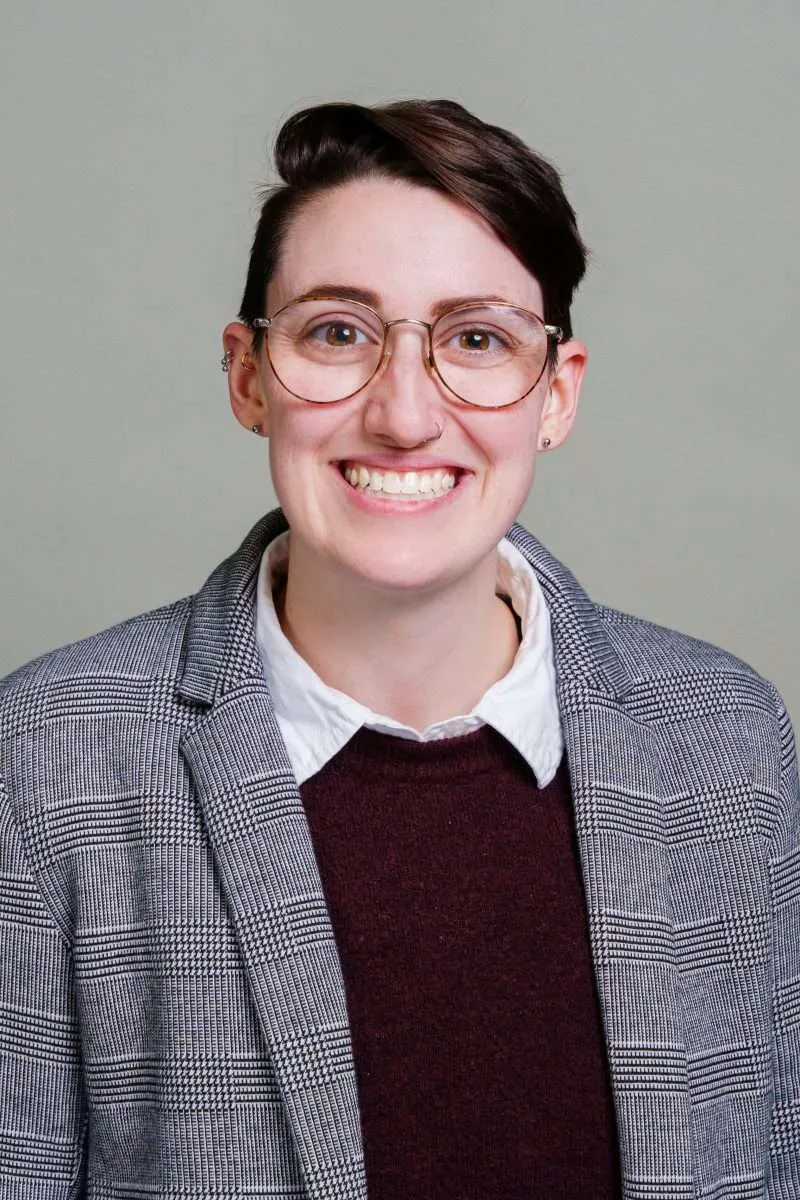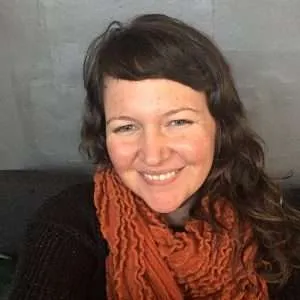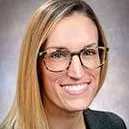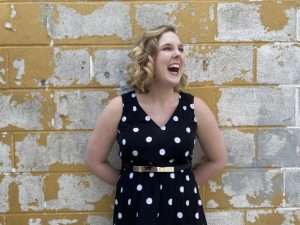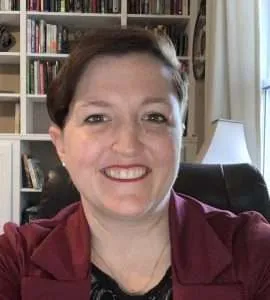Editorial Note:
This profile of Abbey Nawrocki, PhD (they/them) is brought to you through a joint collaboration between Applied Worldwide and Dr. Nawrocki Thank you to all those who made valuable contributions to the Profiles in Applied & Clinical Sociology series!
This profile is presented as part of a larger project with the intentions of: 1) providing students with examples of applied sociology, 2) providing market value to sociological skills and services, and 3) promoting the work of individual sociological practitioners and organizations. Enjoy our full directory of profiles in applied and clinical sociology.
Abbey Nawrocki, PhD (they/them)
Abbey Nawrocki began their career by earning a B.S. in Global Studies. Following their bachelor’s degree, Dr. Nawrocki went on to earn their M.S. and Ph.D. in sociology from Purdue University. During their time at Purdue, Nawrocki also earned a Graduate Certificate in Social Science Research Methods.
Now a survey statistician for the U.S. Census Bureau, Dr. Nawrocki knew early on in their graduate career that they were not interested in an academic career, telling us:
I knew very early on in my graduate career that I was not interested in a career in academia. My program did not offer graduate courses focused on applied sociology, so I decided to seek out opportunities outside of my department and outside of grad school to prepare me for whatever path came next for me. Some examples of that for me were a course in the Public Health Department that had a capstone project that involved working directly with an organization in my community to meet their needs, an internship at the ACLU of Indiana, and a position at Purdue’s LGBTQ Center working on special projects related to research and data.
Continue reading to learn more about Dr. Nawrocki’s sociological work at the Census Bureau.
Using Sociology in Practice
To begin, can you briefly describe the work you do as an applied, clinical, or public sociologist?
I am a survey statistician for the U.S. Census Bureau. In my specific role, I work as a project manager on the modernization efforts for the Current Population Survey’s Annual Social and Economic Supplement (CPS ASEC). I coordinate with Census’ subject matter experts, survey methodology experts, and data scientists to redesign the CPS ASEC survey and add an internet mode. My position allows me to be involved with a wide variety of survey projects, including questionnaire design, instrument specification, and survey research. My training in sociology and methodology, combined with my background working in diversity, equity, and inclusion spaces, gives me a strong toolkit to draw on in my daily work.
In general, how do you use sociology in practice?
My role bridges project management with subject matter expertise in order to inform decisions about the content on our survey. I frequently have to consider not only the needs of the data users, but also the experiences of respondents who we are surveying, in addition to the internal stakeholders I work with directly. My training as a sociologist allows me to form research-based recommendations about the survey design, but also to understand the value of collecting the data we collect at the quality we collect it. Having a knowledge of sociological literature and methodology, allows me to contribute to my team in versatile ways.
How do you use sociological research methods in practice?
A large part of my job is using quantitative and qualitative data to inform questionnaire and instrument design. We conduct cognitive interviews as part of our testing, which requires comfort with qualitative research methods and analysis. We also analyze our survey data to develop new research questions and projects. My background in sociological research methods allows me to give input on research design, analysis, and implications.
Lessons for Future Practitioners
What types of courses should undergraduate students take in preparation for a career similar to yours?
Sociological research methods, social problems, and statistics for social scientists
What types of courses should graduate students take in preparation for a career similar to yours?
Survey design and methodology, or any methods courses that would allow you to focus on those topics; methods courses that might use large, government surveys; qualitative methods; courses that help build skills in project management, like courses that have a grant writing component or other project timeline component.
What types of experiences should graduate students seek in preparation for a career similar to yours?
Having experiences outside of your graduate department is really important for building leadership and communication skills, and can also help demonstrate an interest in work outside of the academy. While we do get to do research, our work does not look like that of an academic researcher’s.
More generally, what are the best outlets to learn more about the work you do as an applied sociologist?
The Census Bureau website has tons of content making our work available to the public. America Counts stories are a great place to start, or by checking out the CPS ASEC modernization web page. You can also connect with me on LinkedIn and I would love to tell you more about the work sociologists do at Census.
What advice do you have for aspiring applied, clinical, and public sociologists?
There is a huge network of people who are willing and excited to tell you about the work they do and how they got there. Do not be afraid to ask sociology nerds how they got where they are and how you can too!

